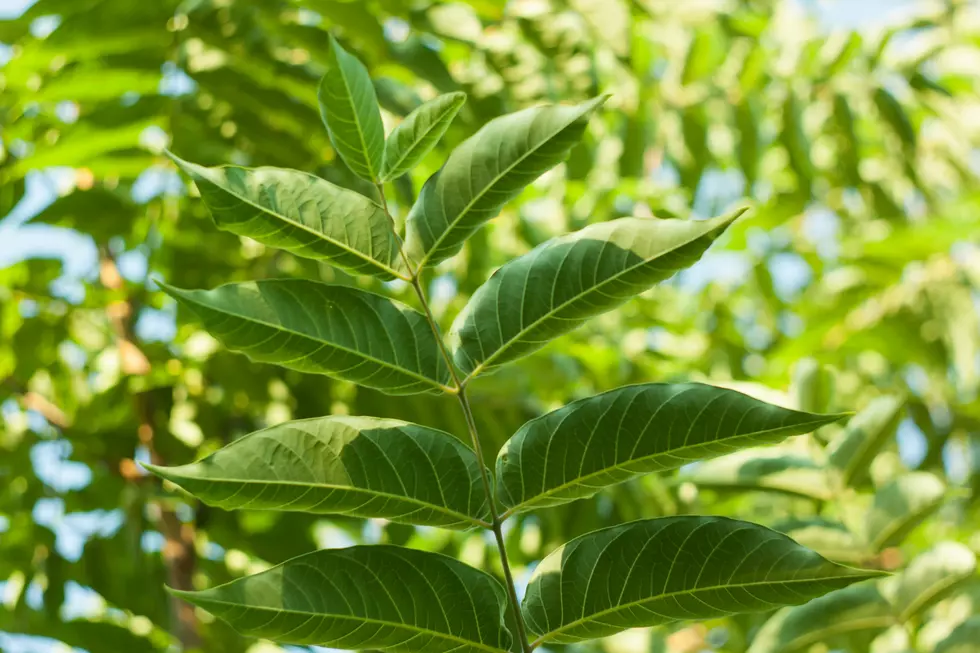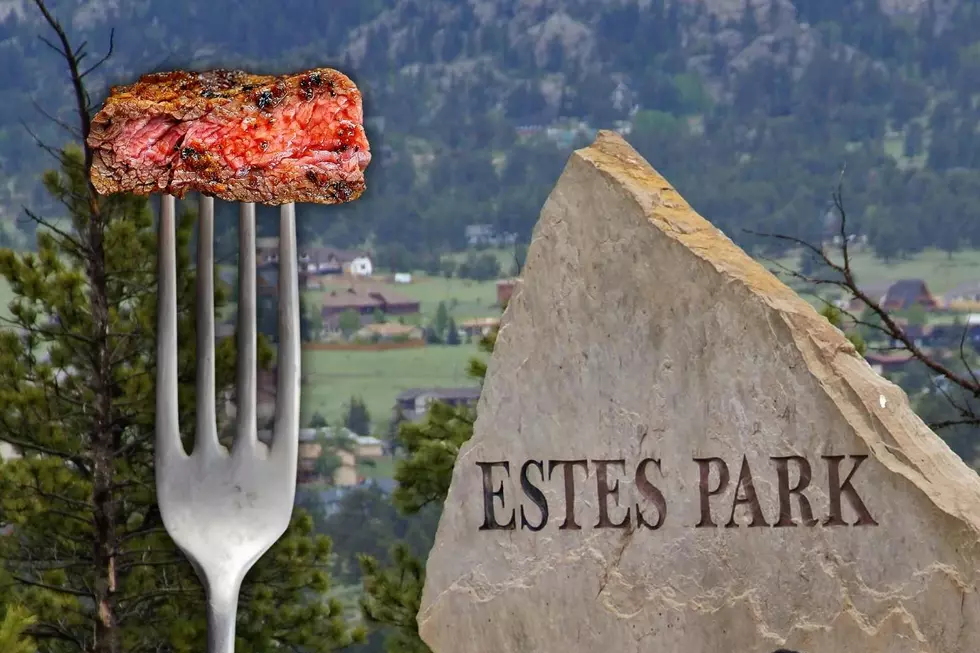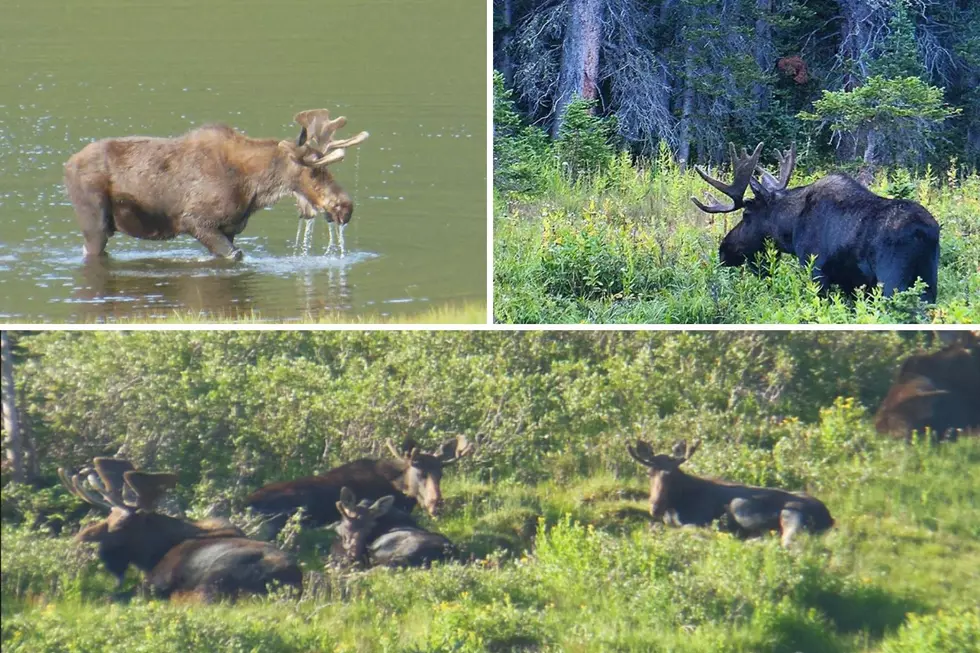
Don’t Let the Name Trick You, This Plant is Unwanted in Colorado
Although Tree of Heaven is a nice-sounding name, this invasive plant is anything but glorious - especially to Coloradans.
Tree of Heaven is a noxious plant that can destroy entire ecosystems once it spreads to an area. The wind-born seeds make it easily spreadable, as well as suckers from mature trees. Once established, the plant releases chemicals through its roots that can inhibit other vegetation from growing around it.
Besides negatively impacting the environment, the tree's roots can crack foundations. Plus, they are essentially worthless wood, in that they provide no structural quality and don't make for good firewood. There's no economic value to having these trees in Colorado.
Scientifically known as Ailanthus altissima, this plant got the Tree of Heaven nickname because of how quickly it grows. These trees shoot up higher than other saplings, at a much speedier rate. The plant is most identifiable by its leaves, as well as its bark. The tree bark is pale gray, smooth, and thin, but most notably, it has a pungent odor, that some have compared to rancid peanut butter. The smell is especially noticeable when a piece of the tree gets broken off.
According to the Colorado Department of Agriculture, they can reach up to 70’ tall with a 6' diameter. Being a heat resilient and drought tolerant species, they can grow in full sun or in shade, which is also why they thrive in Colorado. Additionally, the hearty plant is able to survive in many different types of soil.
While Tree of Heaven has only recently been introduced in Colorado, there have already been multiple sightings of this plant reported across the state, including in Boulder, Denver, and Longmont. The Department of Agriculture asks that residents submit any current sightings on their website so that they are able to monitor the spread of the invasive species.
Unfortunately for Coloradans who have located Tree of Heaven in their yard, these plants are extremely hard to permanently kill. They are resilient, and special treatment measures must be taken in order to get rid of them for good.
DON'T TOUCH: Some of Colorado's Most Poisonous Plants
More From Townsquare Fort Collins









